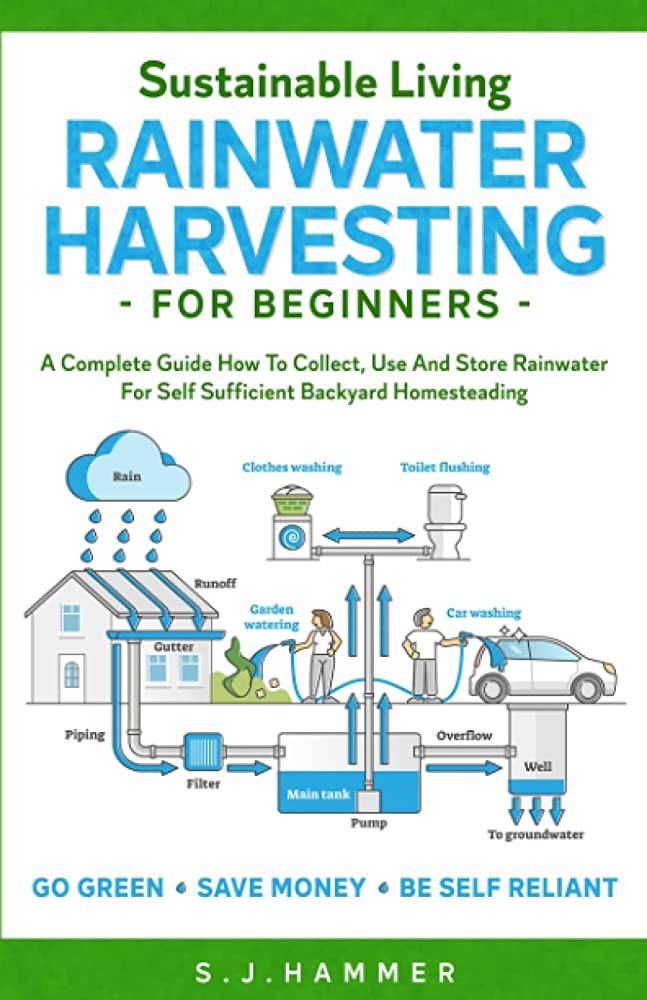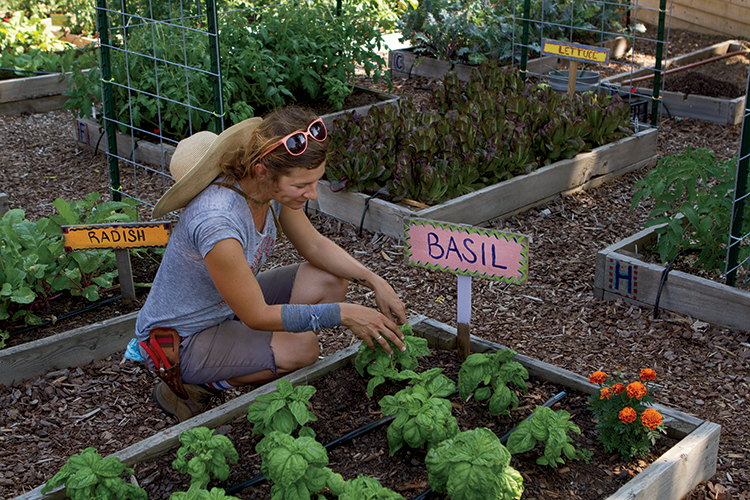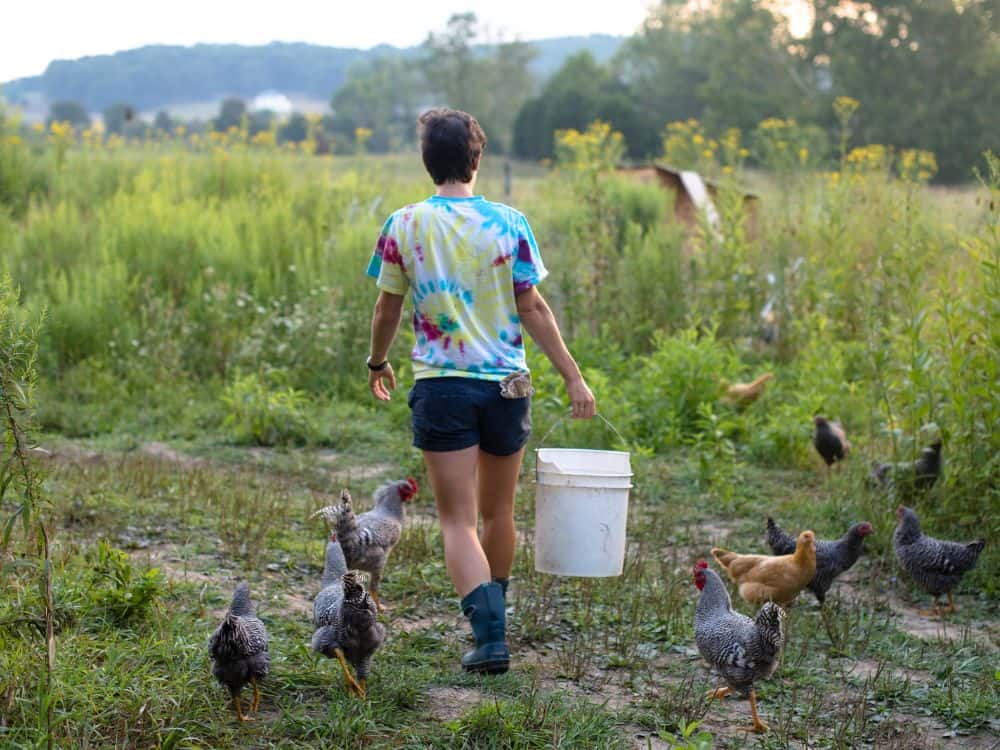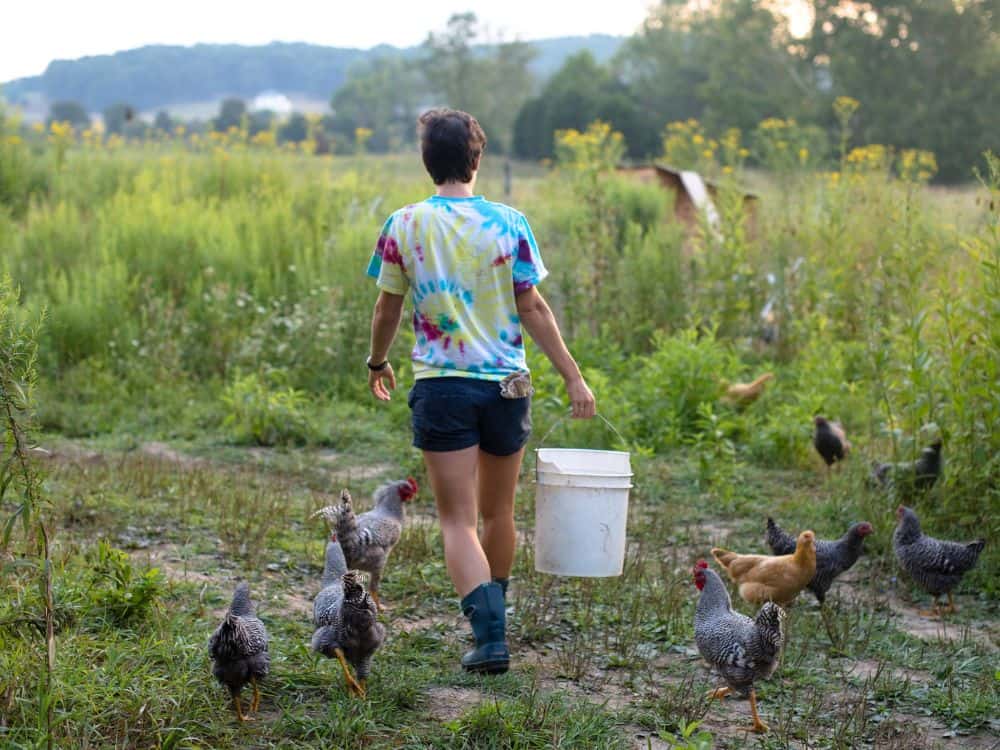Sustainable living is an essential aspect of homesteading. By adopting sustainable habits, homesteaders can reduce their carbon footprint and positively impact the environment. In this blog post, we will discuss some sustainable living tips for homesteaders.
1. Composting: Homesteaders can create nutrient-rich soil by composting organic materials such as food scraps, yard waste, and livestock manure. Composting can significantly reduce the amount of waste that ends up in landfills while also providing a natural fertilizer for their gardens.
2. Rainwater Harvesting: Homesteaders can collect rainwater to irrigate their gardens, trees, and livestock. Collecting and storing rainwater can help reduce water bills, conserve municipal water supplies, and reduce stormwater runoff.
3. Renewable Energy: Homesteaders can install solar panels, wind turbines, or hydropower systems to generate renewable energy. By producing their energy, they can reduce their reliance on the grid, lower their energy bills, and decrease their carbon footprint.
4. Food Preservation: Homesteaders can preserve their food by canning, drying, or freezing it. By preserving their food, they can reduce food waste, save money, and have access to nutritious food throughout the year.
5. Use of Natural Products: Homesteaders can use natural alternatives to chemical-laden products such as soaps, cleaners, and pesticides. Natural products are better for the environment, and non-toxic for both people and animals.
6. Companion Planting: Homesteaders can plant different species of crops, which benefit each other and prevent the growth of weeds. Companion planting can help eliminate the need for chemical pesticides, while also providing a sustainable source of food.
7. Sustainable Livestock Management: Homesteaders can raise animals sustainably by implementing rotational grazing, using natural feeds and supplements, and providing proper shelter. By doing so, they can reduce the impact on the environment while promoting the health and welfare of their animals.
In conclusion, homesteaders can adopt several sustainable living habits that can positively impact the environment. Composting, rainwater harvesting, renewable energy, food preservation, use of natural products, companion planting, and sustainable livestock management are just a few examples. By implementing these practices, homesteaders can lead a more sustainable lifestyle, reduce their carbon footprint, and preserve the environment for future generations. Remember, every small sustainable choice counts in the greater scheme of things.











